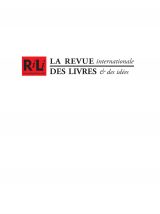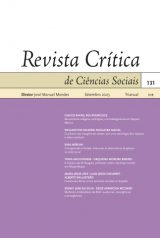
An astonishing time of great boldness
On the politics of recognition and redistribution
Ideas tended to flow easily between the university and the movement during the era of second-wave feminism. But as feminism became academicized, the flow was disrupted. Nonetheless, says Nancy Fraser, given the hunger for new thinking in all arenas after the 2008 crash, this is changing once again.



